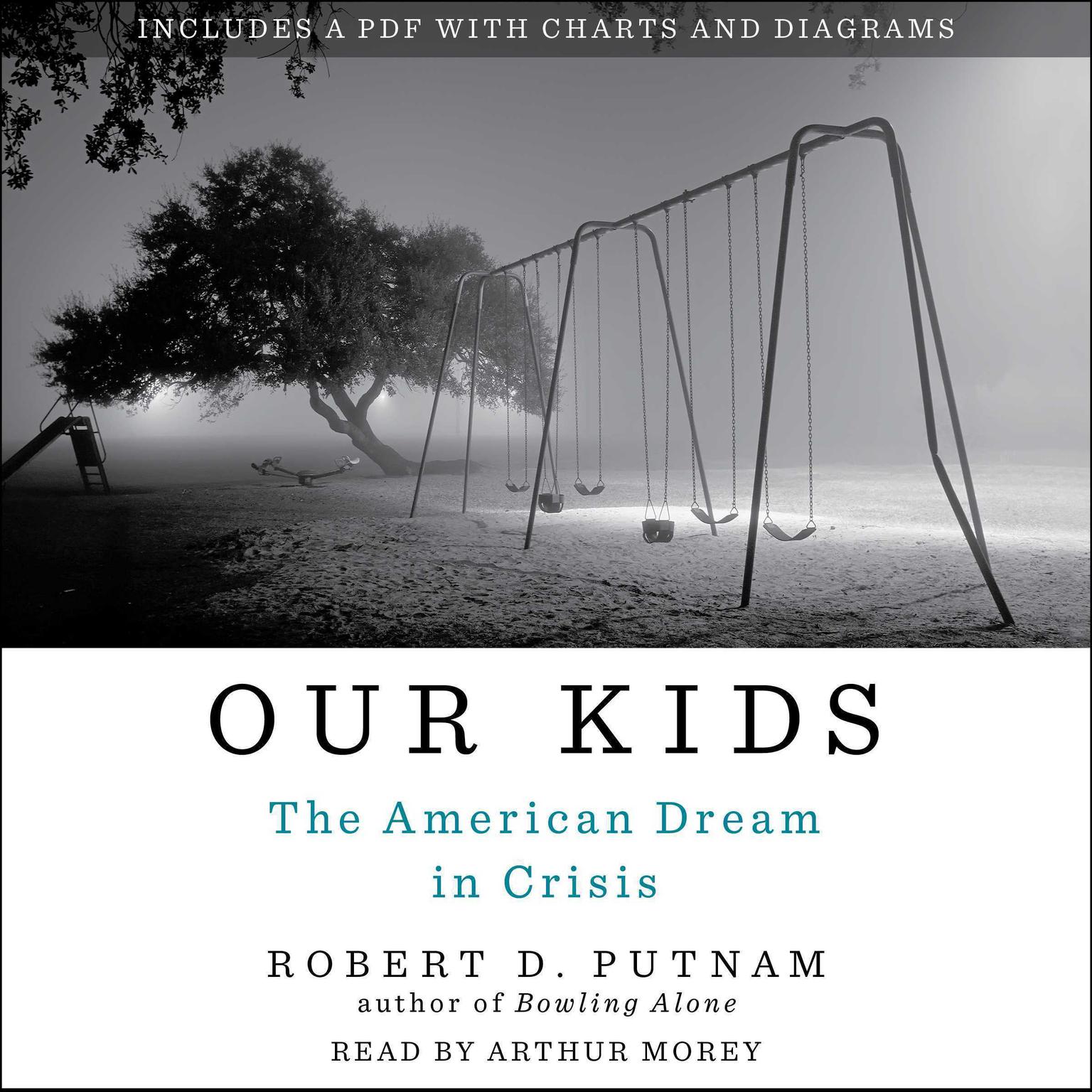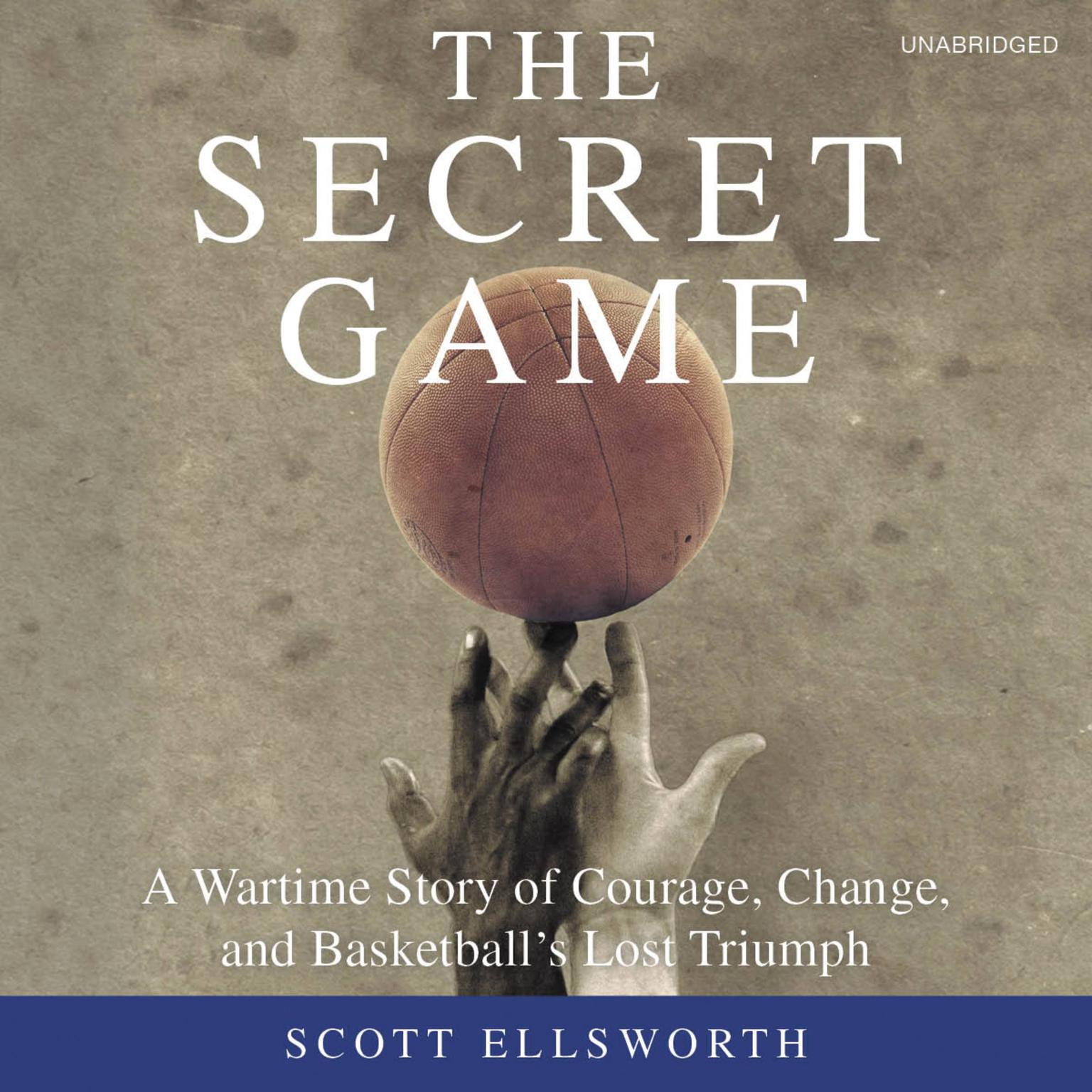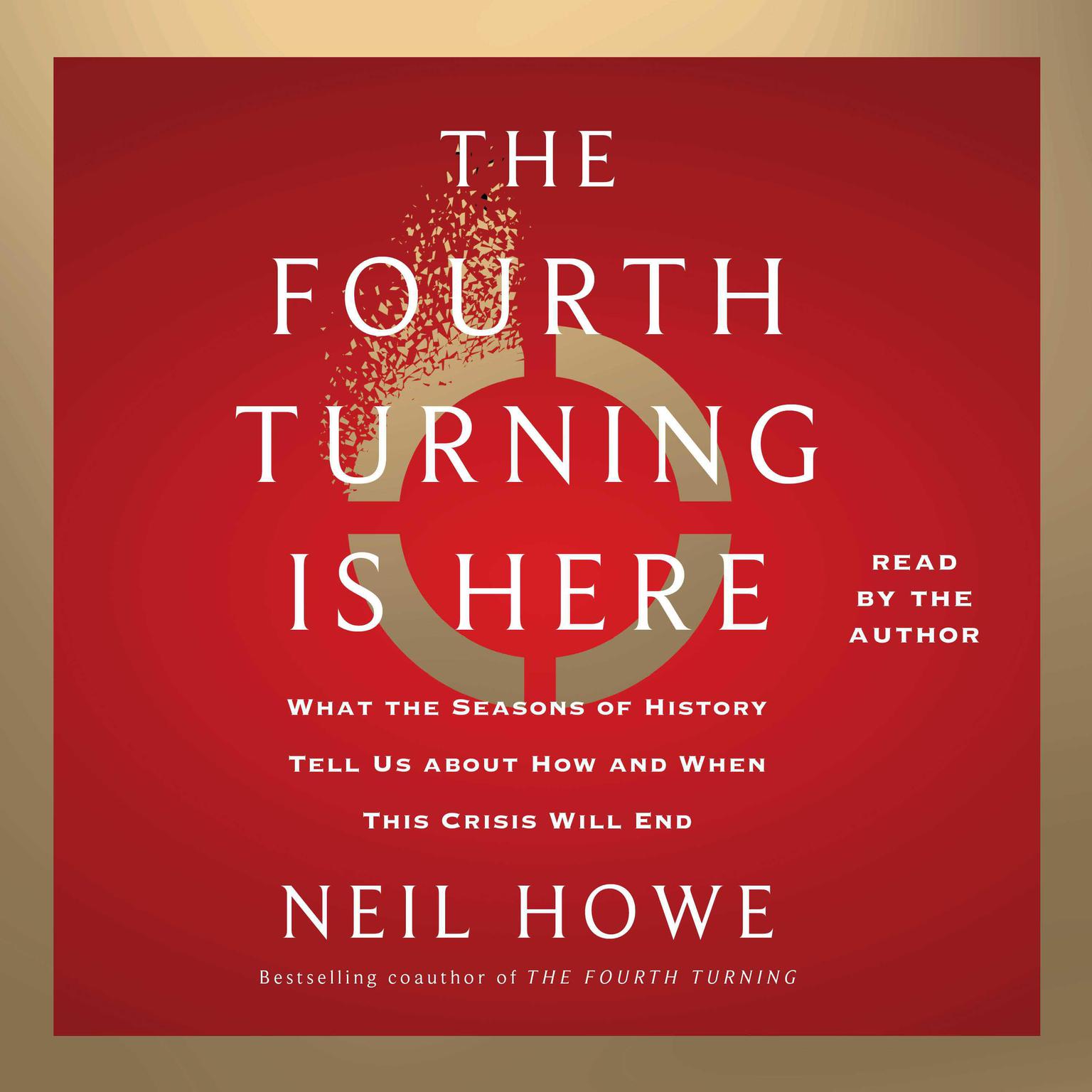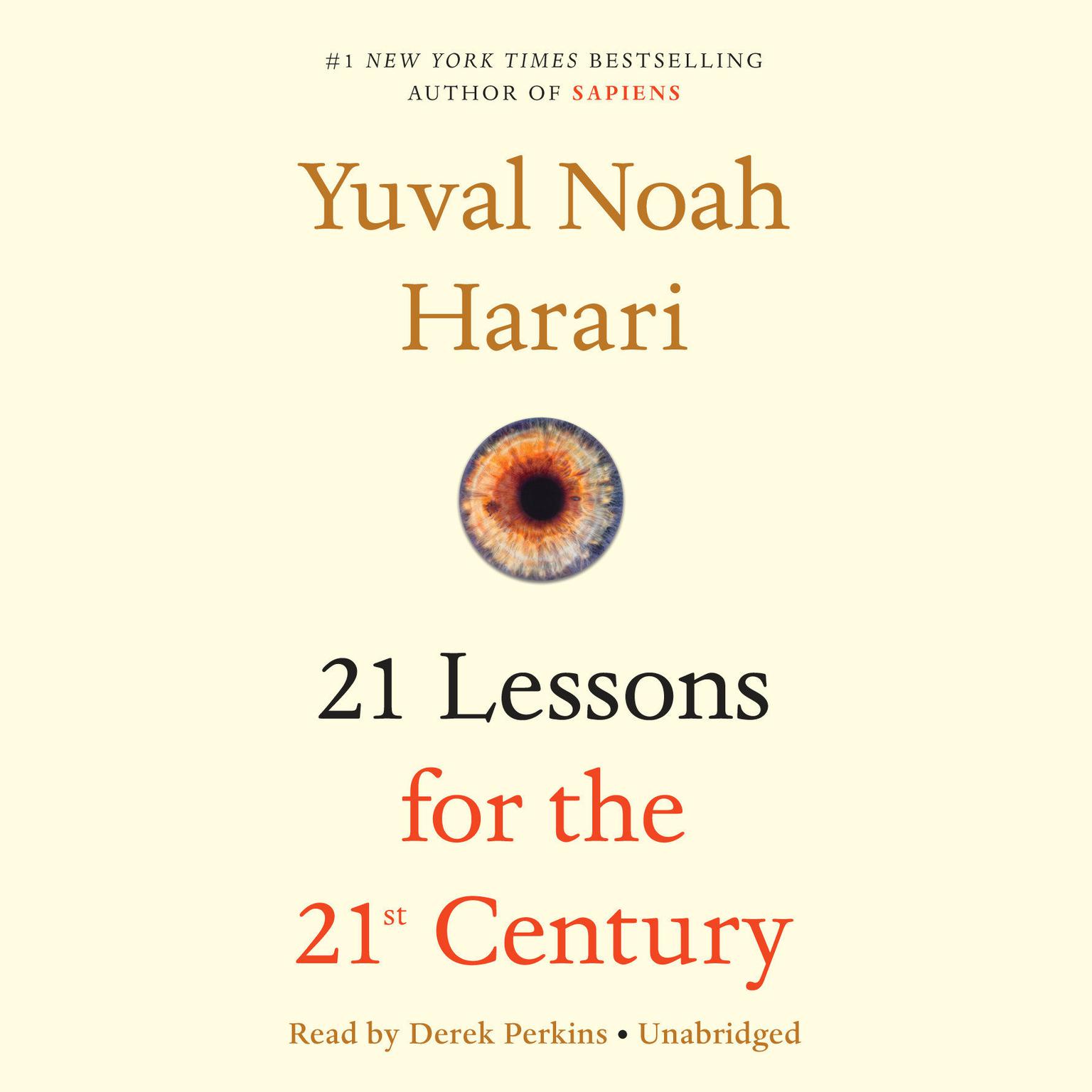Publisher Description
A groundbreaking examination of the growing inequality gap from the bestselling author of Bowling Alone: why fewer Americans today have the opportunity for upward mobility.
It’s the American dream: get a good education, work hard, buy a house, and achieve prosperity and success. This is the America we believe in—a nation of opportunity, constrained only by ability and effort. But during the last twenty-five years we have seen a disturbing “opportunity gap” emerge. Americans have always believed in equality of opportunity, the idea that all kids, regardless of their family background, should have a decent chance to improve their lot in life. Now, this central tenet of the American dream seems no longer true or at the least, much less true than it was.
Robert Putnam—about whom The Economist said, “his scholarship is wide-ranging, his intelligence luminous, his tone modest, his prose unpretentious and frequently funny”—offers a personal but also authoritative look at this new American crisis. Putnam begins with his high school class of 1959 in Port Clinton, Ohio. By and large the vast majority of those students—“our kids”—went on to lives better than those of their parents. But their children and grandchildren have had harder lives amid diminishing prospects. Putnam tells the tale of lessening opportunity through poignant life stories of rich and poor kids from cities and suburbs across the country, drawing on a formidable body of research done especially for this book.
Our Kids is a rare combination of individual testimony and rigorous evidence. Putnam provides a disturbing account of the American dream that should initiate a deep examination of the future of our country.
Download and start listening now!
“It’s quite a feat that Arthur Morey can narrate this somber overview of the declining American dream with the gravitas it demands without overdoing it. Along with sensitivity to the book’s tone and accessible phrasing, his performance also embodies the measured perspective necessary for listeners to hear this book as a wake-up call instead of a death knell. Though it focuses on what’s wrong, the book balances [that with] rigorous research and gripping life stories.”
—
AudioFile











